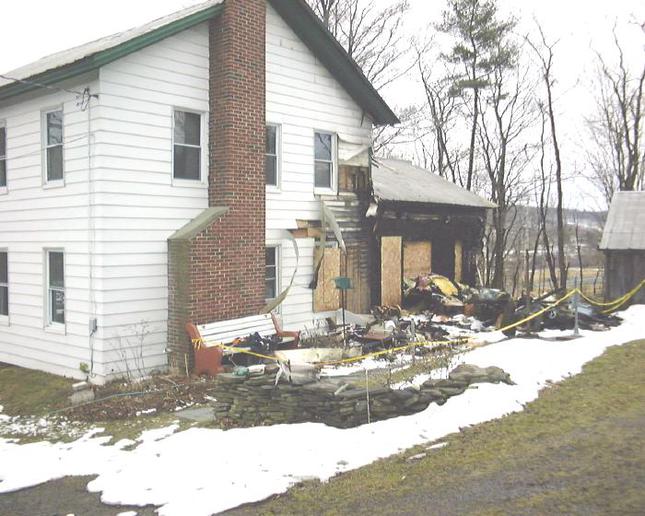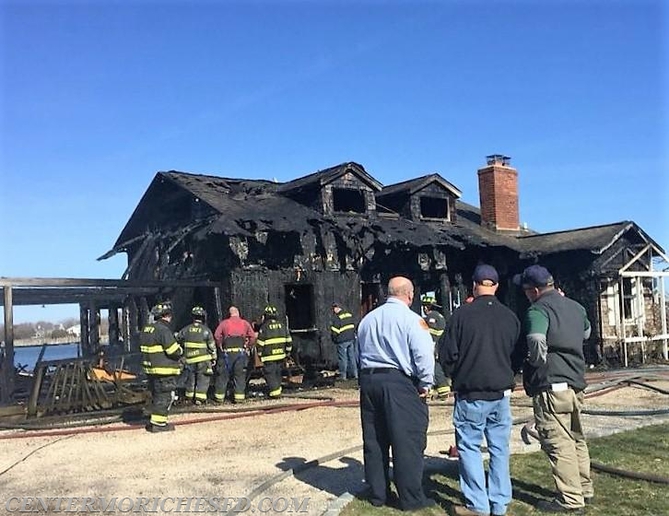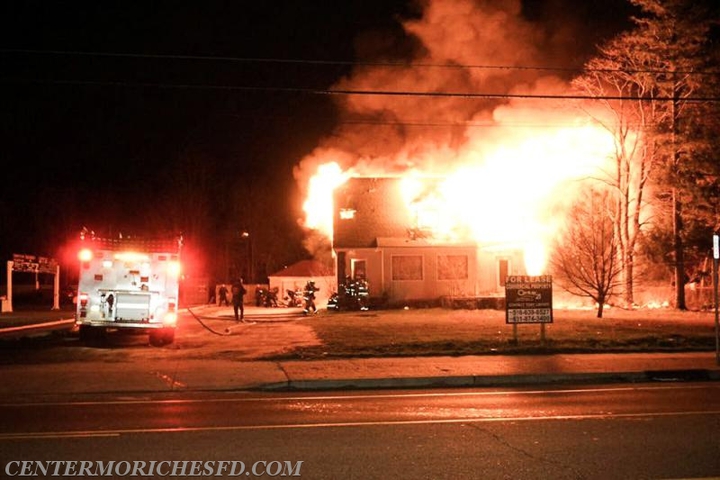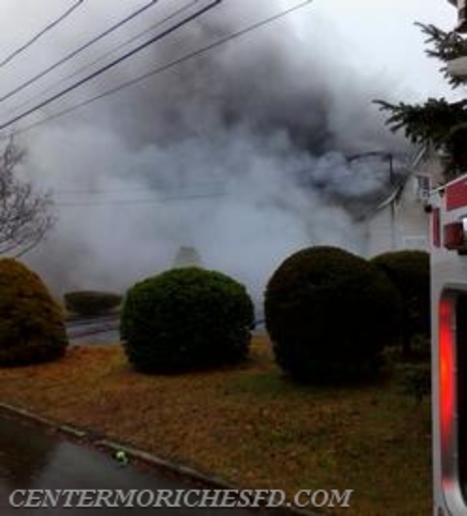Got one volunteer fire department here that has a policy of containment. They will not go into an unoccupied structure to fight a fire. Basically they stay outside and watch it burn. and spray some water around to prevent it from spreading. I know a guy, widower, who lost his house that way. He woke to smoke, call 911 who told him to wait outside for the fire fighters to show up. They arrived, no visible flame but smoke coming from his house. They wouldn't allow him back inside to retrieve anything nor did they go inside to determine where the house was burning or to try to save any part of the house. Total loss. I'm wondering is this is the new normal to prevent the volunteers from being injured or killed or if the guy in charge just doesn't like the risks. So volunteers, first thanks for being there! 2nd what do you guys do?
Rick
Rick





